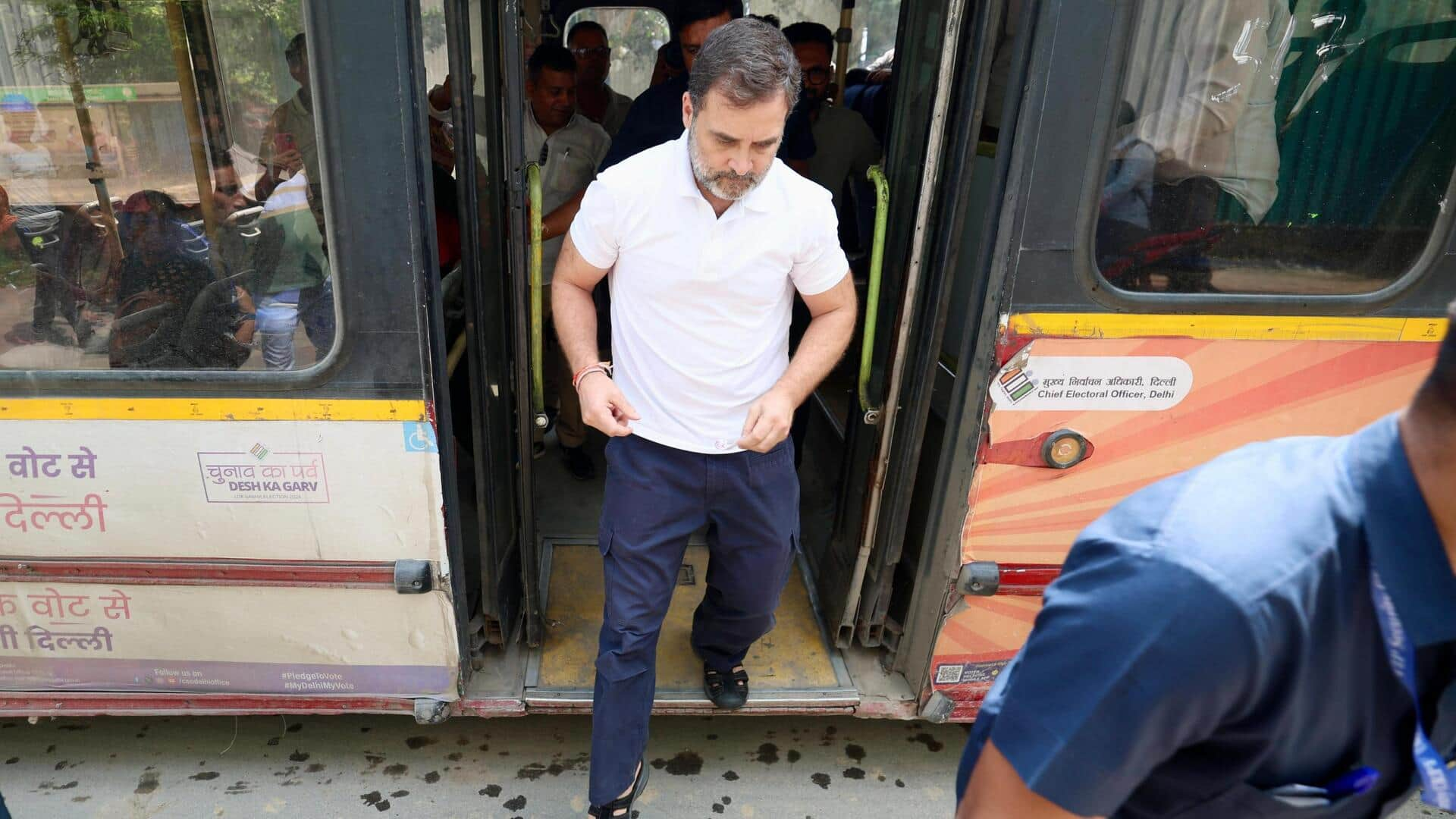
...
Mull Zero VAT On Exports, Essential Consumption ...

Reduce Company Income Tax From 30% To 25% ...
Pass 2nd Reading At Senate, Reps Hold Special Session Tuesday ABUJA – The Senate on Thursday resumed its debate on the Tax Reform Bills, a set of four legislative proposals to increase value-added tax (VAT) distributable to the subnational governments to 55% while reducing the Federal Government’s share to 10%. The new legislative regimes also proposed zero VAT on exports and essential consumptions by the masses and grant of input VAT credit on assets and services in addition to goods consumed by businesses to lower the cost of production. These far-reaching initiatives were contained in the lead debate of Leader of the Senate, Senator Opeyemi Bamidele, on the Tax Reform Bills at the Senate Chamber, National Assembly Complex, Abuja.
The Federal Executive Council had proposed the Tax Reform Bills comprising the Joint Revenue Board of Nigeria (Establishment) Bill, 2024; Nigeria Revenue Service (Establishment) Bill, 2024; Nigeria Revenue Service (Establishment) Bill, 2024 and Nigeria Tax Bill, 2024. The bills elicited spirited interests among key lawmakers and stakeholders across party lines, a situation that informed the leadership of the Senate to invite Chairman, Presidential Fiscal Policy and Tax Reforms Committee, Mr. Taiwo Oyedele, and Chairman, Federal Inland Revenue Service, Dr.
Zacch Adedeji to brief its plenary. Leading debate at the plenary, Bamidele reeled out far-reaching proposals contained in the Tax Reform Bills, which, according to him, aims at simplifying the tax landscape, reducing the burden on small business and streamlining how taxes are collected. In the area of tax exemptions, Bamidele pointed out that those, whose salaries are not more than the minimum wage from Pay As You Earn (PAYE) deductions, would be exempted from the tax regime.
He also said small businesses with annual turnover of N50 million or less “are equally exempted from payment of taxes,” a key pro-business initiative that encourages job creation; deepens ease of doing business and incentivises more investments. Similarly, the Senate Leader explained that there was a proposed huge reduction in company income tax from the current 30% to 25% that would last for at least two years. He said: “As part of deliberate attempt to curtail the incidence of double taxation and multiplicity of taxes and levies, multiple taxes hitherto paid by companies under various tax heads namely 2.
5% education tax, 0.25% NASENI tax have been harmonised into a development level of 2% which by 2030 will be applied to fund the newly established student loan scheme which will benefit many Nigerian youths. “Unlike what is obtainable under the existing tax regime whereby the Federal Government takes a lion share of VAT revenues, it is proposed that the sharing formula should allow the state government share 55% of VAT revenue from the current 15% to 10% sharing formula.
“However, local governments share of VAT revenue remains unaffected. Relatedly, basic items consumed by Nigerian households such as food items, medical services and pharmaceuticals, educational fees, electricity etc. are exempted from VAT.
“Again, as part of efforts to ease the administration of income taxes and levies across the federation, there is a reasonable effort made to consolidate core tax statutes and related tax legislations,” Bamidele explained. Contrary to misrepresentations in the public domain regarding the intendment of the bills under consideration, Bamidele explained that the bills contained innovative and people-oriented proposals as part of the government’s deliberate fiscal and tax reform measures to cushion the effect of ongoing broader economic policies such as the removal of subsidy on petroleum products, renewed efforts to implement cost-reflective electricity tariffs in the power sector etc on Nigerian citizens. In his contribution, former Chief Whip of the Senate, Senator Ali Ndume (Borno South) claimed that his problem was about timing and the issue of derivation.
He added that the constitution of the Federal Republic of Nigeria, 1999 (as amended) must be amended before the Tax Reform Bills should take effect, therefore calling for its immediate withdrawal. Ndume observed: “I am not against the reform, my problem is timing and the issue of derivation make the reform contagious. The 1999 constitution has to be amended before the bills can be effective.
” However, the Chief Whip of the Senate, Senator Mohammed Munguno (Borno North) expressed strong objection to Ndume’s submissions, asking the Senate to disregard it and pass the bills for second reading. Munguno urged the Senate to pass the bill into second reading, advocating that all areas of concern would be addressed at the public hearing stage. After the exhaustive debate to which Chairman, Senate Committee on Finance, Senator Sani Musa and Chairman, Senate Committee on Ecology, Senator Seriake Dickson, meaningfully contributed, the Senate unanimously passed the bills into second reading following Munguno’s final position.
In his remarks, the President of the Senate, Senator Godswill Akpabio, referred the bill to the Senate Committee on Finance, advising the committee to invite all the stakeholders to the public hearing to address all areas of concern. Reps To Hold Special Session On Tinubu’s Tax Bills Meanwhile, the House of Representatives has announced that it would hold a special session on Tuesday to deliberate on the tax bills. The Deputy Speaker, Ben Kalu, announced this on Thursday after a long closed-door session.
The House held a long closed-door session that lasted over one hour before resuming plenary session. At the resumption of plenary, Kalu announced that the special session would be held to determine the fate of the four bills. “We will have a special session over the tax bill on Tuesday.
This conversation is going to continue from now till Tuesday when we will invite these resource persons to be here to engage us. Thereafter we will decide which way to go,” he said..










